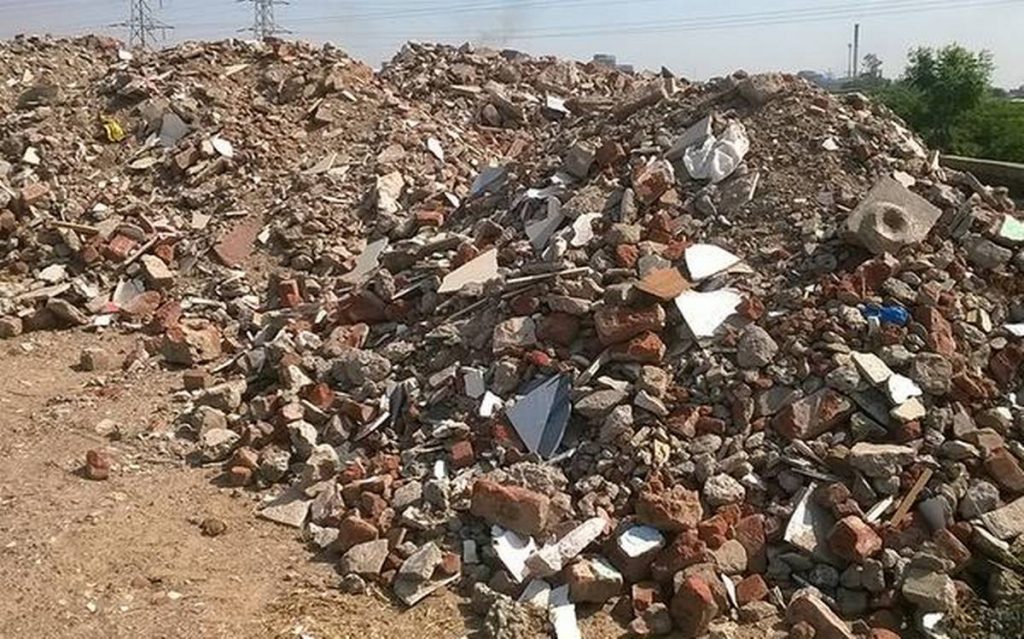Bhubaneswar: Following directions from the Ministry of Environment and Forests (MoEF), the state government has woken up to instruct the engineering staffers to enforce dust mitigation measures for all construction and demolition activities.
The MoEF has made it mandatory for companies seeking environment clearance to ensure that they put in place a dust mitigation plan. It was expected that all cities/towns and municipal bodies in the state would put in place processes which would ensure compliance with the MoEF order, environment director K Murugesan said in a letter to Works secretary.
Recently, the MoEF secretary has expressed displeasure over steps taken to tackle construction and demolition of wastes in majority of the areas in the country.
Therefore, the environment director has asked the Works department to expedite implementation of the dust mitigation measures for all construction and demolition activities in urban areas of the state and ensure enforcement of the provisions of the rules strictly.
The Centre has inserted 11-point measures in the existing Environment (Protection) Act, 1986, empowering the MoEF to issue notices against local authorities and state agencies for non-implementation of the measures.
While seven of these points are meant for those construction and demolition activities which need environmental clearance, the remaining four are for “all construction and demolition activities”, including private residential constructions.
As per the rules, roads leading to or at construction sites must be paved and black-topped. There should not be any soil excavation without adequate dust mitigation measures in place. No loose soil, sand, construction waste could be left uncovered. A water sprinkling system has been made mandatory, and the measures taken should be prominently displayed at the construction site.
For construction and demolition activities which do not require environmental clearance, the new rules prohibit “grinding and cutting of building materials in open area”. This rule will be applicable to even private residential buildings. Buildings under this category will be allowed to store construction material and waste only within an earmarked area. Roadside storage is not allowed and action can be taken against violators by local authorities.
No uncovered vehicles carrying construction materials and waste shall be permitted. Construction and demolition waste processing and disposal site shall be identified and requisite dust mitigation measures should be notified at the site, it said.
The standards were developed by the Central Pollution Control Board as part of the National Ambient Air Quality Standards (NAAQS), and will now empower the organisation to penalise companies and agencies flouting the norms.
Notably, Odisha has seven non-attainment cities (NACs) – Cuttack, Bhubaneswar, Angul, Talcher, Balasore, Rourkela and Kalinganagar.
